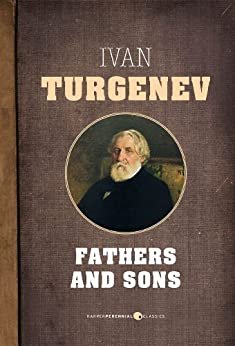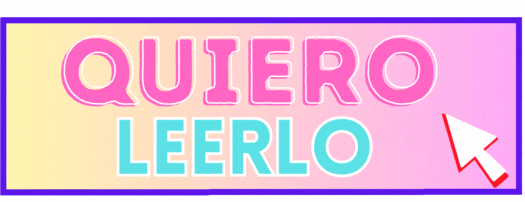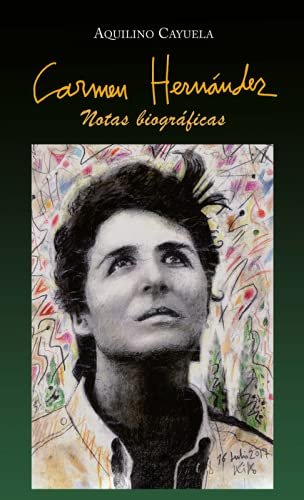Fathers And Sons (English Edition)


PREGUNTAS FRECUENTES
The Art of War by Sun Tzu: A Timeless Classic for Strategic Thinking
Sun Tzu’s The Art of War is one of the most famous and iconic books ever written on warfare and strategy. Written over two thousand years ago in ancient China, this book is as relevant today as it was when it was first published. It is not just a book about warfare; it is a book about how to approach life with strategic thinking.
The Art of War is divided into thirteen chapters, each of which is dedicated to a specific aspect of warfare. The first chapter, titled “Laying Plans,” focuses on the importance of strategic planning in the battlefield. This chapter is crucial to understanding the rest of the book, as it lays the foundation for much of Sun Tzu’s philosophy.
The second chapter, “Waging War,” focuses on the different types of military engagements and how to approach them. Sun Tzu believed that it was better to win a war without ever fighting, rather than engaging in direct combat. He believed that the greatest victory was achieved through cunning and deception, rather than brute force.
The third chapter, “Attack by Stratagem,” further elaborates on Sun Tzu’s principles of deception and cunning. He believed that by manipulating your enemy, you could control them, and ultimately win the battle.
The rest of the book covers a variety of topics such as terrain, the use of spies and intelligence, and the importance of leadership. Each chapter is filled with insightful and thought-provoking advice that can be applied not only to warfare but also to other areas of life, such as business and personal relationships.
One of the key messages of The Art of War is the importance of knowing yourself and your enemy. Sun Tzu believed that if you knew your strengths and weaknesses, as well as those of your enemy, you could develop a strategy that would lead to victory.
Another important message of the book is the importance of adaptability. Sun Tzu believed that the best way to win a battle was to be flexible and adapt to changing circumstances. He believed that rigidity and inflexibility would only lead to defeat.
Although The Art of War was written over two thousand years ago, its principles are still relevant today. In fact, it has become a popular book in the business world, with many entrepreneurs and executives citing it as a source of inspiration and guidance in their business endeavors.
One of the reasons why The Art of War has endured for so long is its simplicity. The book is concise and to the point, and each chapter is filled with practical advice that can be applied to a wide range of situations.
Overall, The Art of War is a timeless classic that should be read by anyone interested in strategic thinking and warfare. Its principles are as relevant today as they were two thousand years ago, and its teachings can be applied to a wide range of situations, from the battlefield to the boardroom. If you haven’t read it yet, I highly recommend it.
1. What is the plot of Fathers and Sons?
Answer: Fathers and Sons is a novel by Ivan Turgenev that explores generational conflict between fathers and sons in mid-19th century Russia.
2. Who are the main characters in Fathers and Sons?
Answer: The main characters are Arkady Kirsanov, a young nihilist; his friend and mentor, Bazarov; and Arkady’s father, Nikolai Kirsanov.
3. What is nihilism, and how is it portrayed in the novel?
Answer: Nihilism is the rejection of all religious and moral principles as well as disregard for authority. Bazarov, the main nihilist character, embodies this philosophy throughout the novel.
4. What is the significance of the relationship between Bazarov and Arkady?
Answer: Bazarov is a mentor and role model to Arkady, who is still trying to figure out his own identity and beliefs. Bazarov pushes him to think critically and challenge societal norms.
5. How does Nikolai Kirsanov represent the older generation in the novel?
Answer: Nikolai represents the older generation as a patriarch who is attached to traditional values and social structures, as opposed to the nihilistic beliefs of the younger generation.
6. What is the role of women in Fathers and Sons?
Answer: Women are often portrayed as passive and subservient, with their main purpose being to support the men in their lives. However, the character of Fenichka challenges this stereotype to some extent.
7. What is the climax of the novel?
Answer: The climax occurs when Bazarov contracts typhus and dies, forcing Arkady to reassess his beliefs and the nihilistic philosophy he had been following.
8. What themes are explored in Fathers and Sons?
Answer: Themes include generational conflict, nihilism, rural Russia vs. urban Russia, and the role of women in society.
9. How does Fathers and Sons reflect the political and social climate of 19th century Russia?
Answer: The novel reflects the growing divide between the older, aristocratic class and the younger, educated class who were pushing for political and social change.
10. What is the significance of the title Fathers and Sons?
Answer: The title reflects the generational conflict that is central to the novel, as well as the idea that each new generation must grapple with and sometimes reject the beliefs and values of the previous one.






